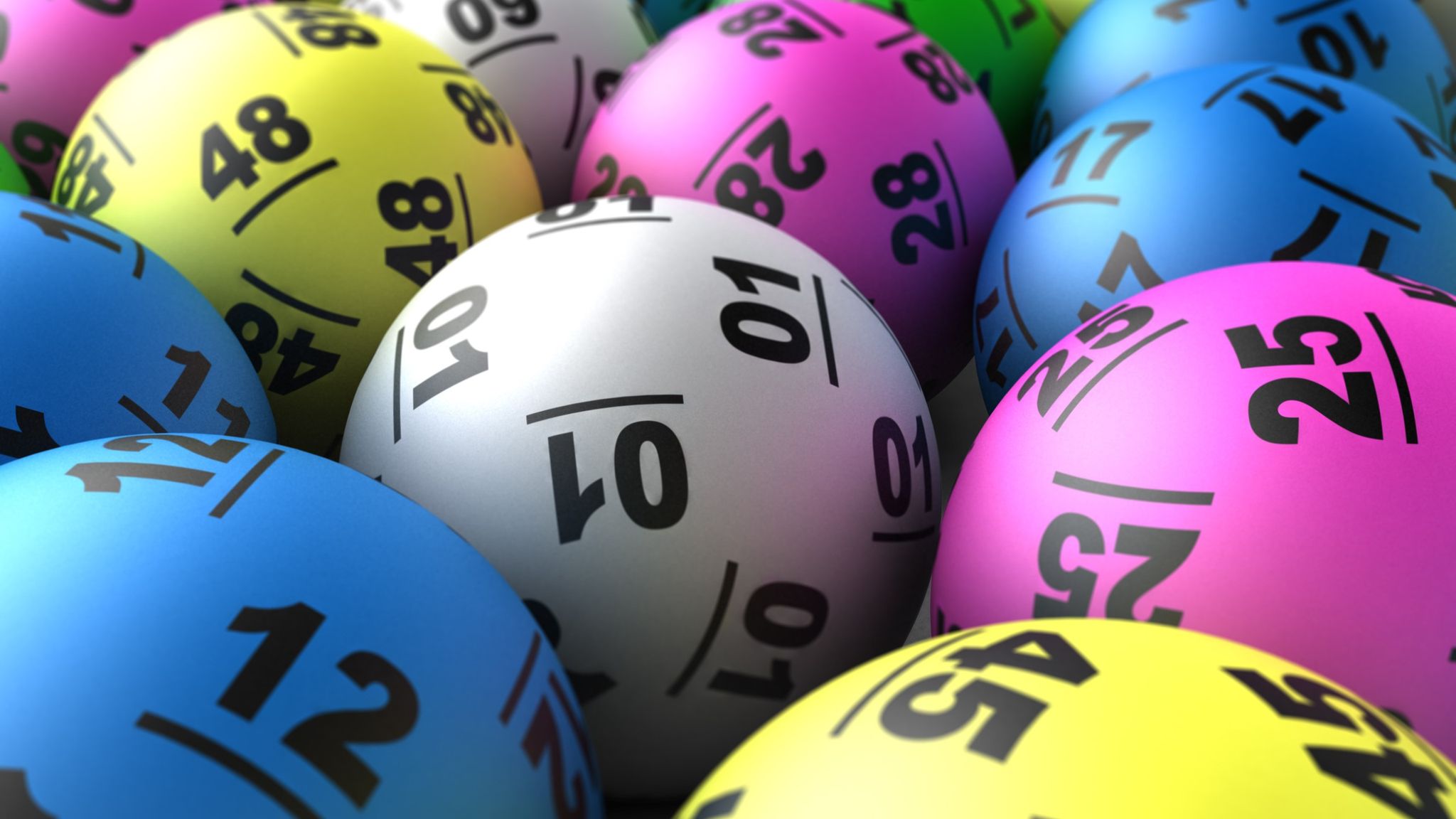In the modern world, the lottery stands as one of the most intriguing and divisive forms of gambling. It is a game that has the potential to change lives overnight but remains shrouded in uncertainty and, often, controversy. As with many things, its impact can be both positive and negative, depending on perspective and circumstance. Let’s delve into the multifaceted nature of the bandar toto macau, exploring its origins, modern iterations, and the broader implications it has on society.
A Brief History
The origins of lotteries can be traced back to ancient civilizations. The Chinese Han Dynasty (205-187 BC) is credited with using lotteries as a means to fund large public projects, such as the Great Wall of China. The concept spread through various cultures, evolving over time. In Europe, lotteries were used in the 15th century to raise funds for public projects and even to support the arts. The modern concept of the lottery as a state-run game of chance with large cash prizes began to take shape in the 20th century, notably with the introduction of the first state lottery in New Hampshire, USA, in 1964.
The Structure of Modern Lotteries
Today’s lotteries have evolved into sophisticated systems with various formats, including scratch-off tickets, daily draws, and multi-state jackpots. The fundamental premise remains the same: participants purchase tickets with the hope of matching a series of numbers drawn at random.
The allure of lotteries often lies in their simplicity. For a relatively modest investment, participants can win life-changing sums of money. This simplicity, however, is juxtaposed with the complex algorithms and marketing strategies designed to maintain interest and manage risk. The massive jackpots advertised are typically a result of accumulated winnings from ticket sales over time, sometimes across multiple states or countries.
The Economics of Winning
Winning the lottery is undeniably a rare event, with odds that can be astronomically high, sometimes reaching one in hundreds of millions. Despite these odds, the prospect of a substantial payout continues to captivate millions. The economics of lottery winnings is complex. Winners are often given the choice between a lump-sum payment or an annuity spread over several years. Each option has its own set of financial implications, and many winners find themselves ill-prepared for the sudden influx of wealth.
While the promise of sudden wealth is enticing, studies show that lottery winners often face significant financial difficulties post-win. Poor financial planning, lack of experience in managing large sums of money, and the pressures of newfound fame can lead to a range of issues, from squandered fortunes to strained relationships.
Social and Ethical Considerations
Lotteries are often criticized for their impact on lower-income populations. Because tickets are relatively inexpensive, they can appeal to those with limited financial means, who may see them as a potential escape from economic hardship. This can lead to a disproportionate amount of spending on lottery tickets from these groups, sometimes at the expense of essential needs. The allure of winning can obscure the reality of the low probability of success.
Conversely, lotteries have been justified as a source of public funding. Many states and countries use lottery revenues to support education, infrastructure, and social services. In this light, lotteries can be seen as a voluntary tax on hope, where the funds generated help support broader societal needs. However, this reliance on lottery revenue can also create dependency on an unpredictable source of funding, with fluctuations in ticket sales directly impacting public services.
The Digital Age and Future Prospects
The lottery industry is not immune to technological advancements. Online lottery sales and digital scratch-off tickets have introduced new dynamics to the game. The ability to purchase tickets and check results through apps and websites has made participation more accessible, but it has also raised concerns about gambling addiction and the need for responsible gaming measures.
Looking ahead, the future of lotteries will likely involve continued innovation, with potential expansions into new technologies such as blockchain for transparency and secure transactions. However, the fundamental nature of the lottery as a game of chance and a potential source of revenue for public good will persist.
